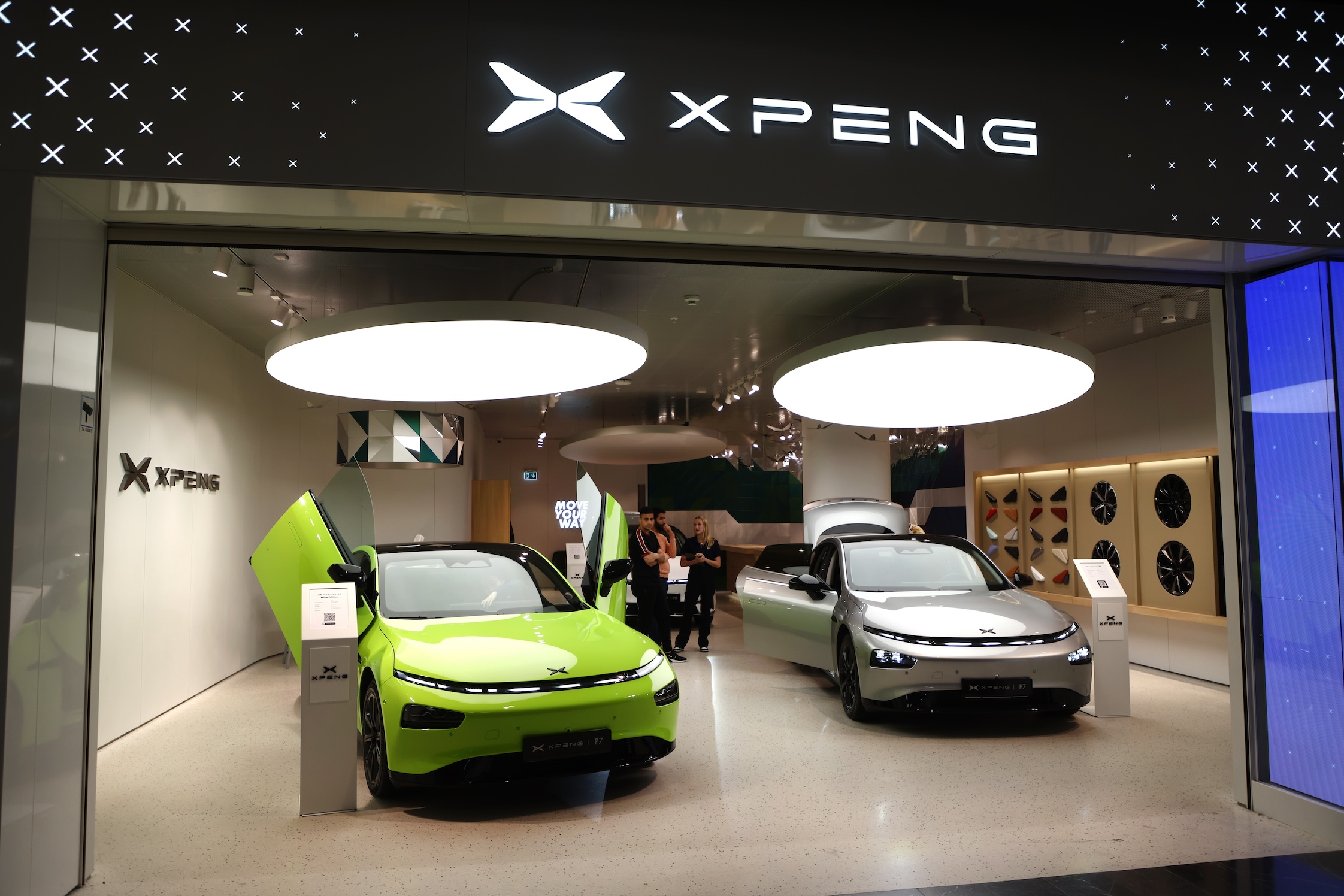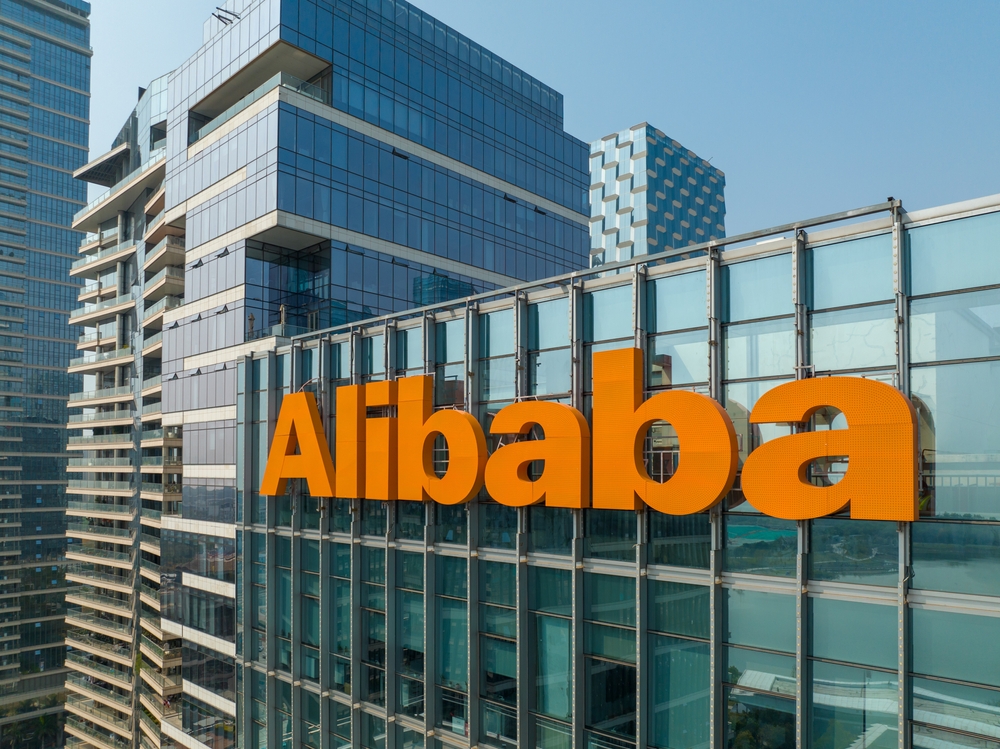European Invasion by Chinese EVs
European carmakers have realized they have a fight on their hands with a determined manufacturing rival ̶ China in connection with lower-cost electric vehicles.
The situation got so serious that the EU wants to investigate the 'flood' of Chinese electric cars into its territory and is even considering imposing tariffs to this end[1]. The proposed punitive action by the EU is a real possibility to protect Europe’s producers against subsidized EVs in what is seen as a move to protect EU’s traditional manufacturing base.
Global markets flooded with cheaper EVs
Global markets are now flooded with cheaper electric cars with their price is kept artificially low by huge state subsidies," according to European Commission President Ursula von der Leyen.[1]
The anti-subsidy investigation the Commission has initiated covers battery-powered cars from China, but also includes non-Chinese brands made there, including Tesla, Renault and BMW. It is also a departure from standard practice in that it is brought by the European Commission itself, rather than by industry representatives. In response, the Chinese Chamber of Commerce to the EU said it was very concerned and opposed to the investigation's launch. It reiterated that the sector's competitive advantage was not due to subsidies and urged the EU to look at Chinese electric vehicles objectively.[2]
EU’s complete case against China
The European Commission claims China's share of EVs sold in Europe has risen to 8% and could reach 15% in 2025. It further claims the prices for Chinese EVs are typically 20% below models made in the bloc. Some of the popular Chinese models exported to Europe include SAIC's MG and Geely's Volvo.[3]
In the whole context of the EV dispute, the EU is also seeking to reduce its reliance on China, particularly for materials and products needed for its green transition.
The Commission will have up to 13 months to assess whether to impose tariffs above the standard 10% EU rate for cars in what has become the highest profile case against China since an EU probe into Chinese solar panels a decade ago.[4]
The Chinese “situation” on the ground
In the first seven months of 2023, China more than doubled “new-energy” vehicle exports compared to the same period in 2022.[5]
Chinese EV makers, from BYD to smaller rivals Xpeng and Nio, are busy ramping up efforts to expand overseas production. Strong Chinese exports surged a whopping 31% this summer.[6]
Additionally, BYD plans to get its foot in the door on the continent by building its first European car factory in Hungary. [7] The Chinese automaker's move can be understood in the global context as a response to the ongoing price war started by Tesla at the beginning of the year.
Nio, others already have foot in the door
Nio has also recently announced plans to expand its own European sales network.[8]
To get its foot in the door in Europe still further, Chinese Nio embarked on a project to make more affordable electric vehicles under a codename "Firefly" planned for 2025.
Furthermore, to support its European expansion, Nio plans to produce battery exchange stations, its proprietary technology, making it possible to shorten the time to fully charge its EVs. And to come full circle, Nio plans to have its entire European network powered by "swap" stations coming from its Power Europe Plant in Hungary.
The EV price war in Europe
The potential flood of cheaper Chinese electric vehicles has some European carmakers worried. Renault announced that it would slash production costs for its EVs by 40%.
Similarly, this year, Elon Musk, CEO of Tesla Motors, confirmed plans for a new more affordable Tesla model with a price tag of $25,000 to be manufactured in Germany.
To complicate the situation still further, Germany's car industry relies on China for a large proportion of its sales. Given that reliance, it is a staunch advocate of keeping trade doors with China open. Germany's VDA auto association warns of a possible backlash from China, should the EU keep its confrontational tone.[9] It expanded, that the EU should instead focus on creating suitable conditions for European EV makers to succeed. The concrete steps, according to the influential body that could prove helpful include lowering electricity costs and reducing bureaucratic hurdles.
Conclusion
European carmakers have a real fight on their hands to produce lower-cost EVs to try to compete with China's cheaper models.
The European Union is taking an out-of-the-ordinary stand against the Chinese EV invasion into Europe by launching an unprecedented investigation the matter. It will be deciding whether to impose punitive tariffs to protect European Union EV sector against cheaper Chinese imports it says are unfairly benefiting from state subsidies.
The issue of potential tariffs is a sensitive one and goes way deeper than just protecting the bloc’s EV manufacturing sector. Given that Germany's car industry relies heavily on China for a large proportion of its sales revenue, it has been a long advocate of keeping trade doors with China open.
It will remain to be seen how this EV trade war between the EU and China plays out. One thing is clear, both sides are entrenched in an epic struggle that could reshape the European automotive industry.















